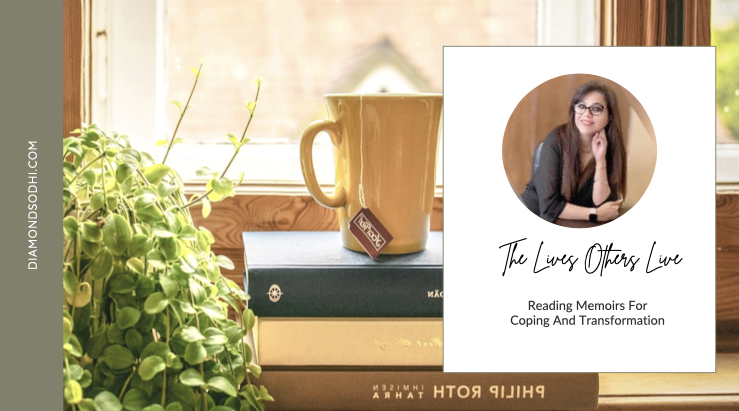
I’m trying to get myself through the writer’s block moment for more than an hour. The unstill thoughts crowd my mind but are still not able to pick up that one thread that would connect my mind to yours. Do you see that? It can be so effortful to talk from the heart when we un-often get to hear others speak from the heart. That’s not the language we are taught to be fluent in. We’re so confronted with the “shine-talk” each time we scroll down our phones- the lifestyles, the riches, the destination weddings, the flamboyant vacations, the awe-inspiring power, the stark beauty, and the perfection-toxic lives others live. Our voices muffle up in what we think makes us so unmatchable and ordinary.
We need to change what we speak to ourselves- our concept of admiration needs to be fine-tuned. Luxury, power, beauty, and wealth should not need to define us or others for that matter. We are all blessed in ways many others may never be. Step inside the world of those whose lives will bring on a sense of self-contentment in yourself. Books on inspiration and talks on self-empowerment by the motivation Gurus would not cultivate a sense of empathy in a way Memoirs [a narrative, written from the author’s perspective, about the emotions and realities of their life] do. And by Memoir, I certainly do not subscribe to the celebrity biographies that I suspect are more a work of ghost-writing than the original work of the celeb itself.
Some great works of non-fiction have lent me an insight [without the usual miscarriage of reality], into another person’s world and allowed me to empathize with those around me. Memoirs like ‘This Boy’s Life’, ‘The Wild’, ‘Wave’ and ‘Eat Pray and Love’ took me on to a healing and transformative journey.
‘Wave’ by Sonali Deraniyagala brings to life the Tsunami in 2004, Sri Lanka, where she lost her parents, her husband, and her two young sons She artfully recreates the scenes of a blissful life with her family as she revisits those moments with the reader. She goes over every shred of memory and searches for the bygone years in every corner of the sad and empty house- perhaps, with the hope of something about them still there- unfelt, unvisited. Some energy must still be waiting for her to come and feel it, breathe it, bond with it, and take it with her to keep it alive within her, and perhaps immortalize it in the form of a memoir.
Tobias Wolff in his Memoir, ‘This Boy’s Life’ written in the 1950s is the story of Toby [Tobias Wolf] who flees to Washington with his divorced mother Rosemary who courageously breaks free from a cheerless marriage with Roy. Desperate for a safe haven for her son, a stable provider, the normalcy of a family, and a father figure for Toby, she compromises on living with a presumably even-tempered man she remarries, Dwight. Though Rosemary soon recognizes him as a man who uses aggression to discipline his stepson, she remains unforgivably silent to the abusive husband. She struggles to maintain hope in the dismal circumstances, for the permanence of a relationship, even if that meant finding a make-believe-happy medium in a compromising relationship with someone like Dwight.
Reading a memoir will give you a new perspective on what to value in life, teach you to negotiate grievances, juggle with self-criticism, and school yourself on self-compassion. And very importantly, it will give lessons on how to rise above the shallowness of the glitters of gold and give you the strength to redefine your own concept of admiration and delight.
